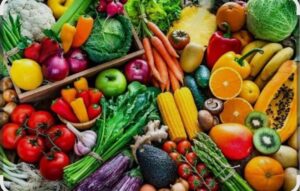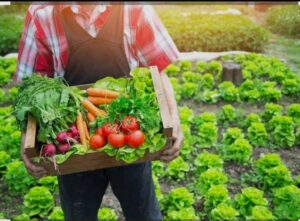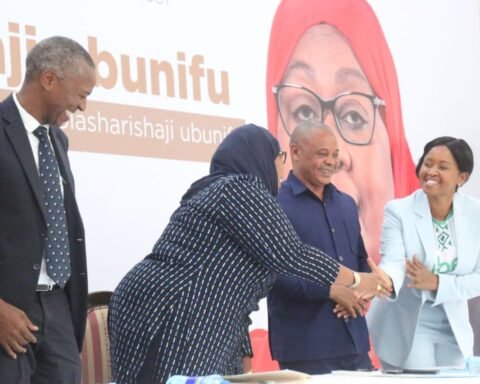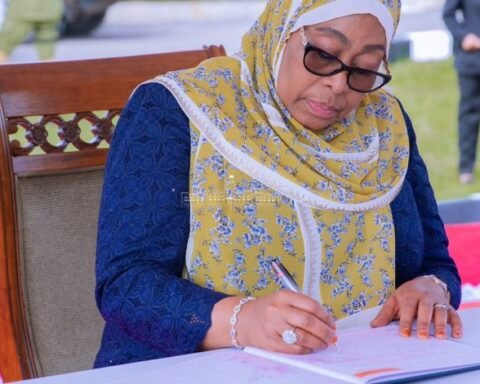Minister of Agriculture Hussein Bashe has reaffirmed Tanzania’s decision to ban agricultural products from South Africa and Malawi starting next Wednesday, unless those countries lift their embargo on Tanzanian goods.
During a meeting in Dodoma with stakeholders involved in the Building a Better Tomorrow (BBT) programme, which supports women and youth in agriculture, Bashe emphasized Tanzania’s openness to trade. However, he criticized the ongoing restrictions imposed by both countries on Tanzanian exports, which include preventing access to their markets and banning goods in transit.

“I feel sorry for traders whose produce was blocked from accessing the Malawi market,” he stated, highlighting that Tanzania would respond with reciprocal measures. He noted that while South Africa and Malawi send their products through Tanzania to other nations, they deny Tanzanian goods transit rights to third countries like the DRC.
The Agric minister, recalled a past incident where South Africa banned Tanzanian avocados and destroyed a shipment, yet continues to export its products to Tanzania without issue. He warned, “If they do not lift the ban by next Wednesday, we will no longer allow their products into our market, nor will we permit transit access.”

Effective next week, he will halt the signing of export permits for fertilizers to Malawi and has instructed officials to stop issuing import permits for agricultural products from both countries until the ban on Tanzanian exports is lifted.
Discussions had taken place with South Africa regarding the lifting of bans on Tanzanian products like bananas and avocados, but these efforts have not yielded cooperation, prompting Tanzania to adopt retaliatory measures.
Currently, Tanzania imports various agricultural products from South Africa, including apples, grapes, and oranges.
In relation to the BBT programme, Mr. Bashe expressed gratitude to stakeholders for their support in empowering women and youth. He urged them to focus investments on agricultural infrastructure, technology, and funding rather than excessive spending on seminars with limited outcomes.

The event saw the establishment of a secretariat to coordinate stakeholder activities and prevent project duplication. Additionally, a letter of intent was signed by participants, and moving forward, performance reports from stakeholders will be integrated into the Ministry of Agriculture’s records to offer a clearer view of the agricultural sector and the progress of the BBT initiative.







Thanks for breaking this down so simply!